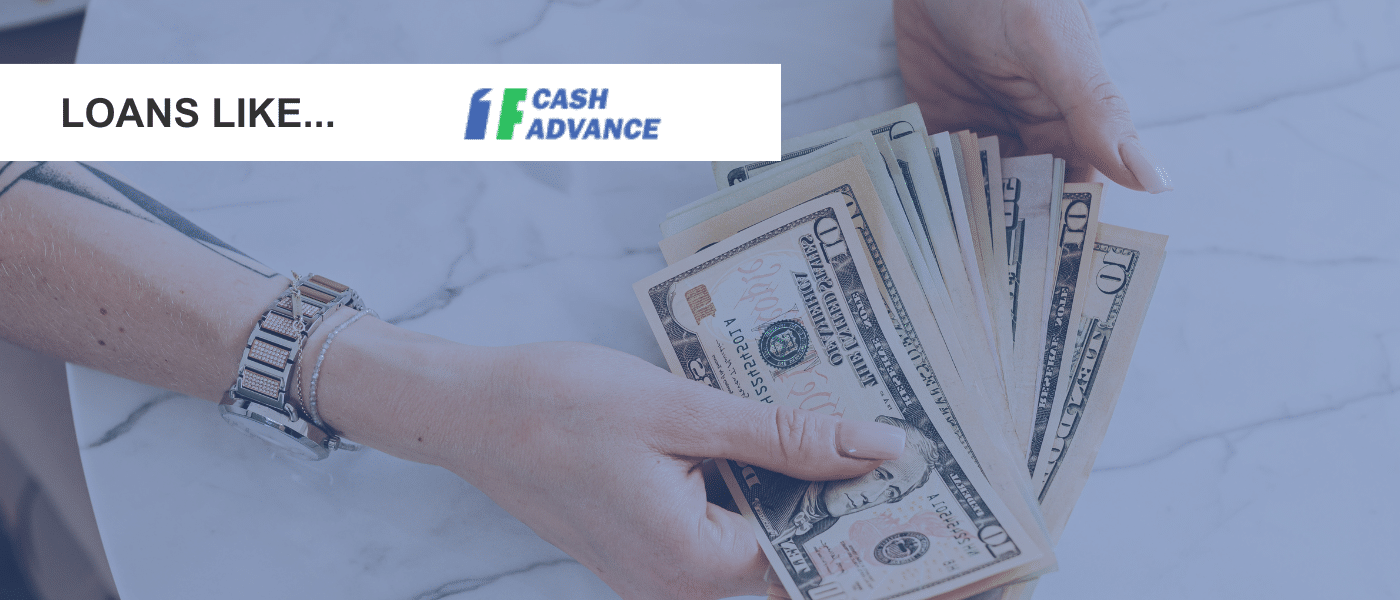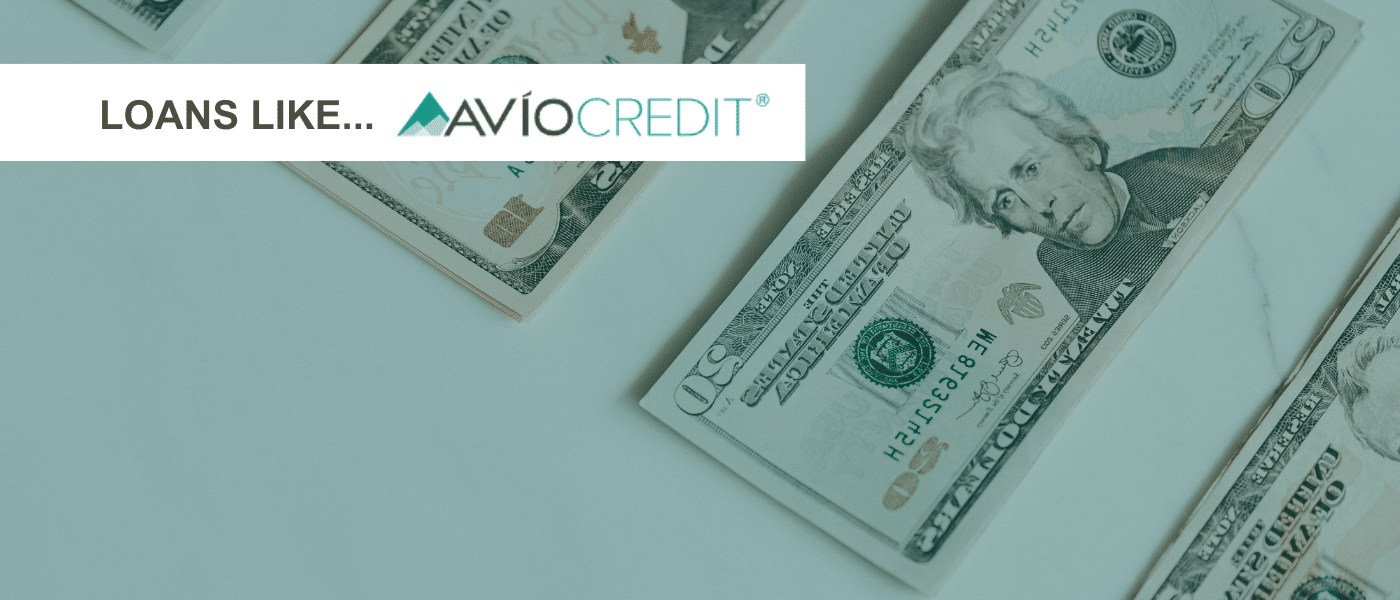Wondering how to get business loans for self employed workers? You can get funding by applying for loans, grants, or funding programs. You will need to provide information about your business and meet specific requirements.
Roughly 6% of Americans are self-employed, and the good news is that there are multiple funding options available to help people like you run your business!1 Keep reading to learn essential information on how self-employed business owners can get business loans for all kinds of business expenses.
What Is Considered a Small Business?
You may think that small business owners are strictly people who own their own brick-and-mortar businesses, but this isn’t always the case. The government actually recognizes anybody who is a self-employed individual as a small business owner. This means that even if you are an independent contractor or self-employed in some other way, you may still be able to take advantage of funding from a business loan.
Types of Funding for Small Businesses/Self-Employed People
Depending on the type of business costs you are looking to cover, you may find that one particular kind of funding works best for your needs.
Business Line of Credit
If you are unsure of the exact amount you need, you may be better off with a business line of credit rather than individual business loans. With a revolving line of credit, you will have renewed access to your credit limit at the end of each billing cycle. This gives you consistent access to funding without having to re-apply. However, be sure to have a payback plan in place so you can adequately leverage debt for both personal and business expenses.
Business Installment Loan
If you know exactly how much money you will need to cover your business costs, your best option may be a business installment loan. A business installment loan is similar to a personal loan. These loans are generally available to people with a wide range of credit scores. However, loan details like interest rates, loan amounts, and payback schedules will vary depending on credit history.
Funding Programs Offered by the Small Business Administration
The Small Business Administration (also referred to as the SBA) was established in 1953 to assist independent contractors and self-employed business owners alike in pursuing their business goals. Providing professional counseling, SBA loans, and other funding opportunities, the SBA is a helpful resource for any independent contractor or small business owner.
Types of funding available via the SBA are:
- SBA loans
- Investment capital
- Disaster assistance
- Surety bonds
- Grants
Below is more information on the types of SBA funding and assistance you may have access to as a self-employed worker.
SBA Small Business Loans
Direct funding via SBA loans is the most common way self-employed individuals may utilize the SBA.
7(a) SBA Loans
The most sought-after SBA loan is a 7(a) loan. This funding program assists small businesses who are going through special circumstances, such as purchasing real estate. A 7(a) loan may also be used to pay for short or long-term business expenses, refinancing existing business debts, or to purchase items for your business such as furniture, decor, or essential supplies.
Maximum loan amounts for a 7(a) loan cap off at $5 million.
504 SBA Loans
A 504 loan may be used to pay for assets that aid in the growth of your business or assist with job creation. The SBA regulates Certified Development Companies (CDCs), which provide the funding for 504 loans.
Similar to a 7(a) loan, the maximum amount of funding someone may get through a 504 loan is $5 million. However, there is a special circumstance that may allow small businesses to apply for additional funding. 504 loans for energy projects may be funded for up to $5.5 million per project. Businesses may request funding for up to three energy projects, as long as the funding does not exceed $16.5 million in total.
SBA Loan: Microloans
An SBA microloan is funding of no more than $50,000 meant to assist small businesses and some not-for-profit child care organizations in starting up or expanding. The SBA distributes funding to individual nonprofit financial institutions, which then provide financing to eligible self-employed individuals and small business owners.
SBA Loan: Lender Match
Lender Match is a program offered by the SBA that helps business owners find the best possible quick cash loans. To utilize this program, you can fill out an application on the SBA website and be matched with a lender in just two days. From there, you can work with individual lenders directly and apply for online loans.
Investment Capital
The SBA can also help you acquire investors for your small business ventures. Investors can help make either debt or equity investments, which means they can help with just about any aspect of your business.
Disaster Assistance
If your business has been the victim of some kind of natural disaster, the SBA may be able to help you out. The SBA advertises its disaster assistance loans as low-interest.
Surety Bonds
The SBA also backs surety bonds, giving you access to funding that is guaranteed to be safe. A surety bond is different from other SBA loans or traditional bank loans because they involve three parties; one party to extend the funding, one party that is looking to utilize the funding, and another party that secures the funding.
Grants
If your business is performing some kind of scientific or medical research, the SBA may be able to help you find government programs that can fund those research and development efforts.
Paycheck Protection Program (PPP Loans)
The Small Business Administration may also connect self-employed workers and business owners to PPP loans. You can fill out a PPP loan application directly on the SBA website.
Some expenses you can cover with PPP loans are:
- Payroll for employees
- Rent for your business space
- Interest payments
- Utility payments or other maintenance costs/business expenses
- Worker protection expenses and operating expenses
- Cost of supplies or other services needed to run your business
- Property damage costs
How To Qualify for Small Business Loans When Self-Employed
One of the most important financial details lenders care about when approving applications for a business loan is the borrower’s ability to repay. The more profits a business makes, the more funding lenders are usually willing to distribute.
Some documents a self-employed business owner may use to prove income are:
- An official business license
- A balance sheet showing profits and potential losses
- Personal income tax return statements
- Business tax return statements
- Bank account statements from a business account
Steps To Take Before You Apply for a Small Business Loan
Make sure you are prepared by taking the following steps before you dive into the business installment loan process.
Come Up With a Business Funding Plan
Before you fill out an application, think about your business plan and why you are taking out a loan in the first place. Ask yourself questions like:
- Am I looking for short-term loan or long-term loan?
- Do I need funding for recurring expenses or just one lump loan amount?
- How long do I want to take to pay back my loan?
- What do I want my monthly payments to look like?
These questions will help you determine what type of funding product may work best for you. Furthermore, these are all questions your lender is most likely going to inquire about anyway, so the sooner you have the answers, the better!
Check Your Credit Scores
It may also be a good idea to check your credit report before applying for a loan. While you may not be taking out a personal loan, lenders will still be interested in what your personal credit score is. However, this is typically just a formality to confirm that you are not going through the bankruptcy process or pre-bankruptcy counseling.
If you don’t want your business loan to affect your personal credit, make sure that everything is separate. That means filling out a loan application in the name of your business, not your personal name.
Research Lenders
Lastly, for your own financial protection, research lenders and the types of financial products they offer. You may find that some lenders are willing to provide you with special deals and perks you wouldn’t have been able to find anywhere else!
How Does Getting a Small Business Loan if You Are Self-Employed Work?
Here’s how the process generally works for self-employed business loans.
Step One: Apply for Funding
After researching and finding the right lender, fill out an application. You can do this by going to the lender’s website and filling out an online inquiry, speaking with a loan agent and filling out an inquiry over the phone, or by visiting the lender’s brick-and-mortar location.
Step Two: Send Your Documentation
Upon approval, your lender will ask for a few pieces of documentation to confirm your info. Those documents are:
- Government-issued photo ID
- Proof of income
- Proof of personal and business residency
- Banking information for funding distribution
Step Three: Receive Your Money
After your lender has processed your documents, they will present you with a loan contract. Read the agreement and have your lender clarify any misunderstandings. Then, simply sign and date the contract, and you should receive your funding in about 24 hours or less!
A Final Summary of Small Business Loans for Self-Employed by CreditNinja
Whether you are an independent contractor or the owner of a small business, there are funding options available to you. If you want to keep your business and personal finances separate, make sure you apply for business loans and personal loans separately.
At CreditNinja, we believe in financial transparency. That’s why we offer free financial resources on our website. Improve your personal finances by learning how to calculate the annual percentage rate of a loan and how to improve your credit history.
References:
- 70% of Americans want to be Self-Employed. 6% Are | 20 Something Finance
- Funding Programs | Small Business Administration
- Business Loans | GovLoans
- About SBA | Small Business Administration
- Surety Bond Definition Explained | SuretyBonds.com
- COVID-19 Relief Options | Small Business Administration
- 7(a) loans | Small Business Administration
- 504 loans | Small Business Administration
- Microloans | Small Business Administration
- Lender Match Connects You to Lenders | Small Business Administration
- The 7 Best Business Loans for the Self-Employed | Nav






